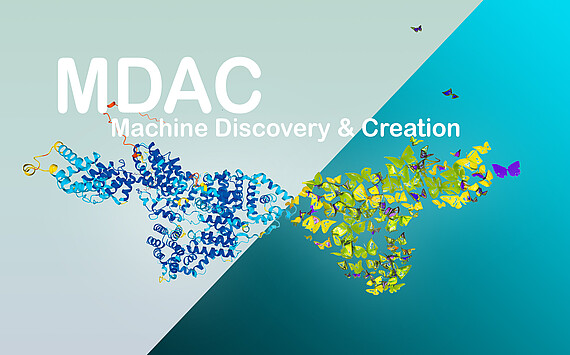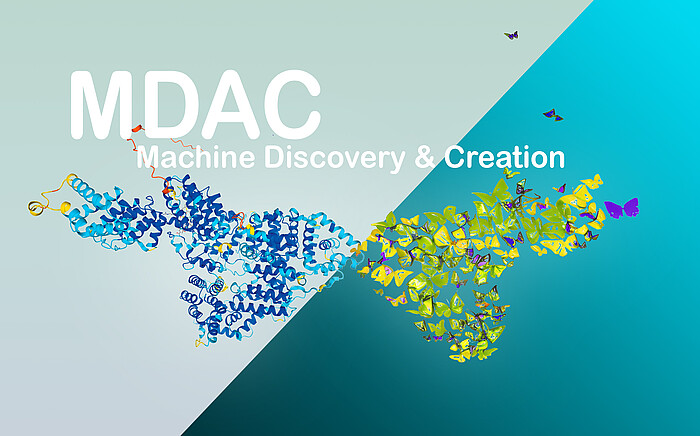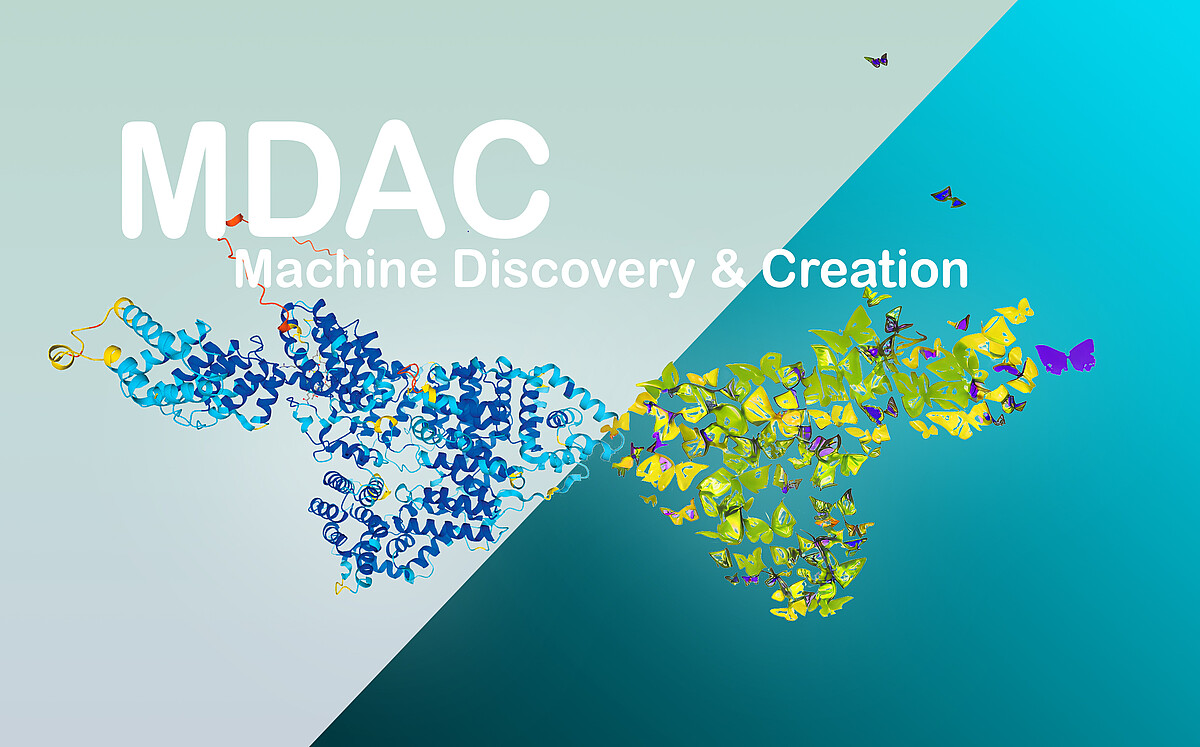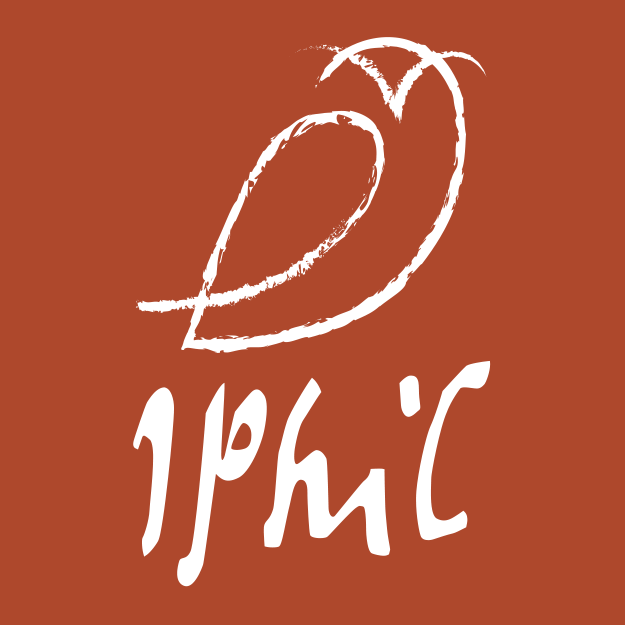Machine Discovery and Creation (MDAC)
| Leitung: | Dr. Donal Khosrowi; Dr. Finola Finn |
| Team: | M.A. Elinor Clark |
| Jahr: | 2023 |
| Förderung: | LUH Flexible Funds |
MDAC (Machine Discovery and Creation)



The MDAC (Machine Discovery and Creation) project focuses on philosophical, epistemological and ethical questions raised by artificial intelligence (AI) in two areas: in science, AI is now used for a variety of knowledge-generating tasks, such as predicting protein structures for developing new vaccines or restoring ancient inscriptions and making inferences about past societies. And in creative spaces, generative AI is increasingly used to produce novel and convincing text and imagery for a variety of artistic and commercial purposes.
MDAC seeks to make philosophical contributions to a range of novel epistemological, ethical and legal questions raised by these developments, such as: can machines be creators and discoverers in their own right? What attributes and virtues, e.g. imagination, autonomy or humility, do AI systems require to make significant contributions to artistic and scientific pursuits? Can generative AI used in science produce evidence, on par with material evidence or expert judgment, or can it merely produce hypotheses we might seek evidence for?
Our team consists of:
Dr. Donal Khosrowi (philosophy of science, philosophy of ML/AI)
Dr. Finola Finn (history, methodology, visual and conceptual art, public engagement)
M.A. Elinor Clark (philosophy of science, philosophy of ML/AI)
If you're interested in our work, you can find our first (pre-project) paper, "Decentring the discoverer: how AI helps us rethink scientific discovery", which looks at the role of AI in scientific discovery, here at Synthese: https://link.springer.com/article/10.1007/s11229-022-03902-9
Our second MDAC paper, "Diffusing the Creator: Attributing Credit for Generative AI Outputs", has been accepted at IACAP 2023 (Prague) and AIES '23 (Montreal) and will appear in the Proceedings of the 2023 AAAI/ACM Conference on Artificial Intelligence, Ethics, and Society (AIES 2023) shortly. You can download the paper here.
Abstract: The recent wave of Generative AI (GAI) systems like StableDiffusion that can produce image and other outputs from human prompts raises a host of controversial issues about creatorship, originality, creativity, copyright, and others. This paper focuses on the creatorship question: who creates and should be credited with the outputs made with the help of GAI? Existing public and academic views on creatorship in this context are mixed: some insist that GAI systems are mere tools, and human prompters are creators proper; others are more open to acknowledging more significant roles for GAI, but almost all conceive of creatorship in an all-or-nothing fashion. We develop a novel view, called CCC (collective-centred creation), that improves on these accounts. On CCC, GAI outputs are created by collectives in the first instance, and claims to membership in a co-creating collective come in degrees and depend on a set of finer-grained criteria that track the nature and significance of individual contributions made by various agents and entities, including users, GAI systems themselves, developers, producers of training data and others. Importantly, CCC maintains that GAI systems can sometimes have stronger claims to creatorship than humans. The paper demonstrates how CCC can advance existing debates and resolve controversies around creatorship involving GAI.
Our third MDAC paper, "Can generative AI produce scientific evidence?" is currently in progress and was presented at LICPOS 2023 Lisbon as well as smaller workshops.
In August 2023, we hosted an interdisciplinary virtual workshop to address core MDAC themes together with legal scholars, computer scientists and humanities scholars. We plan to host a follow up workshop in the near future.
Please get in touch with Donal Khosrowi if you're interested in our project and in collaborating on related themes in the future.
